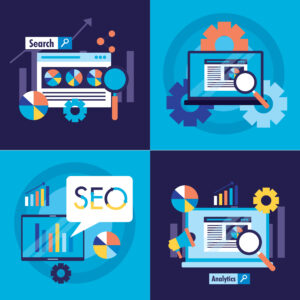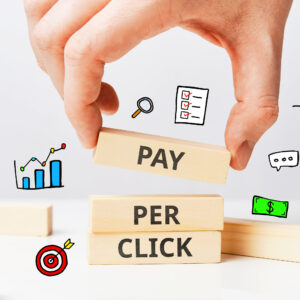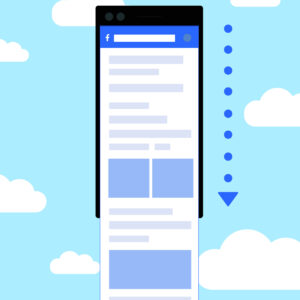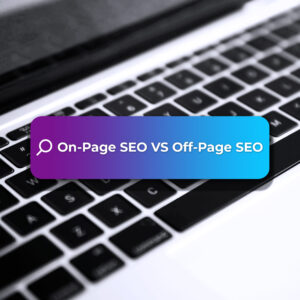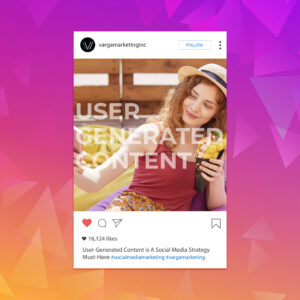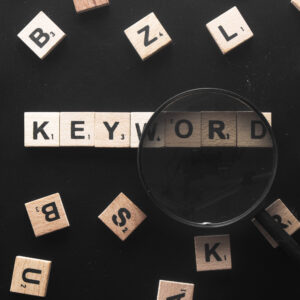Google Ads is a paid advertising platform that provides businesses a way to advertise online without breaking their budget. If you aren’t using Google Ads yet, today is a good day to get started. With over 8 billion searches conducted on Google each day, it is easy to imagine the impact that well-done advertising on this platform can have. The content that Google shows on its search results pages has the chance to influence over 2 billion digital buyers. Here’s what you’ll need to know to add Google Ads to your marketing strategy.
Google Ads is a pay-per-click (PPC) advertising platform that allows businesses the chance to show their advertisements to the many people who use this search engine every day. This is the world’s largest, and possibly the most popular, PPC platform. It makes effective and affordable advertising easy. Google Ads shows a business’s advertisement on a search engine result page (SERP) based on how closely the ad matches the end user’s search query.
The best part? You are only charged when your ad is clicked on!
Ads are set up to target specific keywords that users may search for. Then, should they match someone’s search terms, they enter an auction where the ad may be selected to be shown on the SERP. This is an effective approach in large part because the audience seeing the ad is already on the hunt for the products or services that the advertising business is offering. This also makes it far more likely that the individual performing the search is going to take the desired action, such as making a purchase.
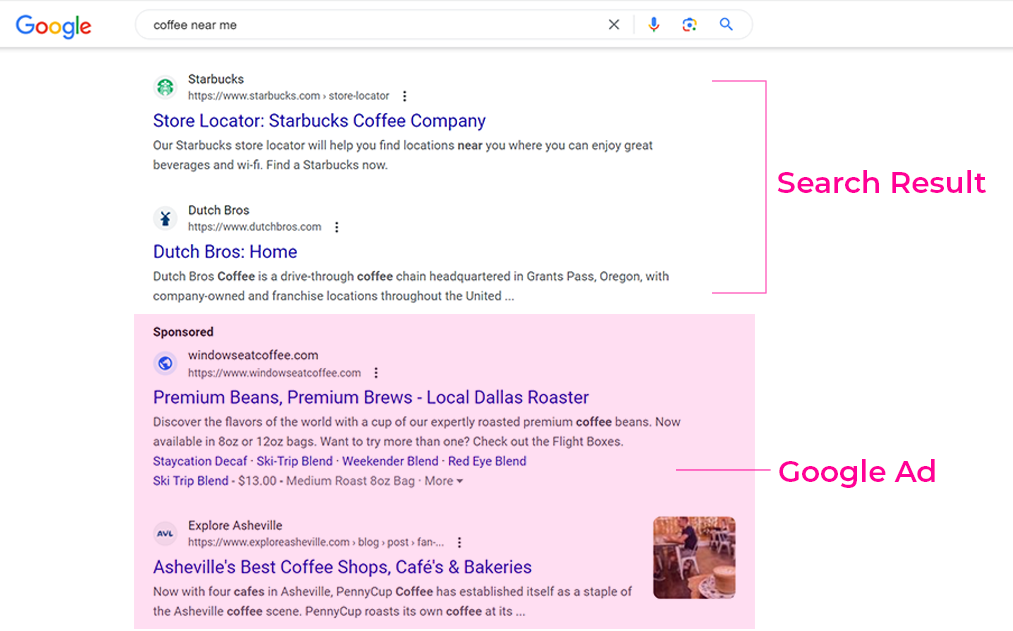
If you’ve ever used Google to research anything, you’ll have landed on the SERP or Search Engine Results Page. The SERP is meant to provide you with the best results that match the information you’re looking for. Paid advertisements are scattered throughout the page based on what Google’s assessment of their relevance to the original search query, quality, and other factors. These ads will always appear with a small “ad” or “sponsored” symbol next to them to let the user know that they are paid ads, which won’t be a problem if your ad is just what that person is looking for.
Paying for an advertisement to be portrayed on Google doesn’t mean it is guaranteed to pop up every time someone looks up a related query. Google chooses from a lottery when selecting the ads to portray on the SERP page, basing its selection on some of those factors listed above. The process starts with a look at the keywords or terms that you are targeting and how closely they match the user’s search query. This can include the match type you have selected, such as broad match, phrase match, and exact match. It will also consider your budget and your bidding strategy alongside factors such as location, previous ad performance, and the quality of the landing page the ad is attached to.
One of the key pieces of a Google Ads campaign are the keywords you choose to bid on. Keywords are used to determine if your ads are pulled into the bidding auction when a search is submitted. You have the option to allow the system to bid on keywords automatically based on your bid strategy goal, or you can do this manually. For those who are just getting started, automatic bidding is a good starting point. Make sure to choose your keywords carefully. This will have an impact on the results the ads bring back to you.
The headlines and descriptions you generate for your ads are going to play a key role in encouraging someone to actually click on it. The copy should include punchy headlines and informative descriptions that incorporate keywords you are targeting and answer a searcher’s query. It should also be relevant to what is being advertised, compelling to your audience, and address their wants and needs to show them that this is an ad they want to click on.
Google Ads provides you with the ability to create a minimum of three headlines and two descriptions, going up to a maximum of 15 headlines and 4 descriptions. You can choose the headlines and descriptions you want to use or opt to have the platform rotate the copy and test different combinations for you, giving you a chance to adjust and improve it over time.
Google Ads gives you the ability to set up a geographical location that you can target (or exclude) based on your products and services and where you offer them. This is important because Google uses a searcher’s location to help narrow down and select the ads to show that include the most relevant information.
While a keyword can help to determine when your advertisement is pulled into auction, your ad rank and quality score impact how likely it is to be chosen. This can be impacted by the Quality Score which measures factors such as the quality of the landing page the ad is connected to, the relevance of the keywords chosen, and the expected click-through-rate.
Make sure that your ad is linking to a well-crafted, relevant, and helpful landing page. You could have the best ad in the world but if the landing page is slow to load, uninformative, or misleading, you will only create frustration. A bad landing page can be a dealbreaker so make sure you create something that respects your audience’s time.
Wondering if Google Ads is worth it? The potential benefits of incorporating this PPC platform into your marketing strategy are clear.

With some 8 billion searches done on Google each day, there is a huge opportunity for your advertisement to be seen by a lot of people.
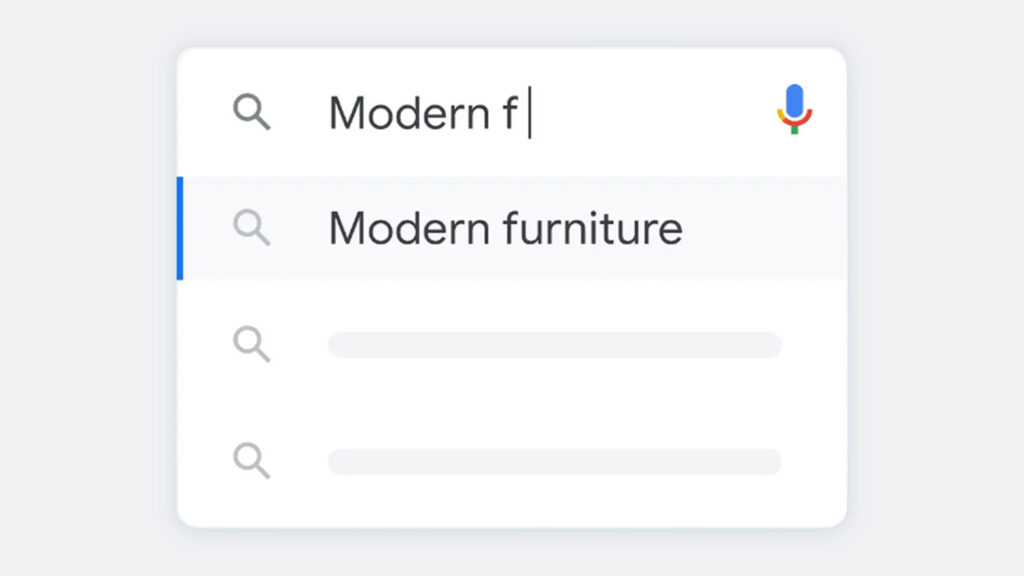
In comparison to search engine optimization (which is really a long game) paid ads through Google can provide results for your investment far faster.
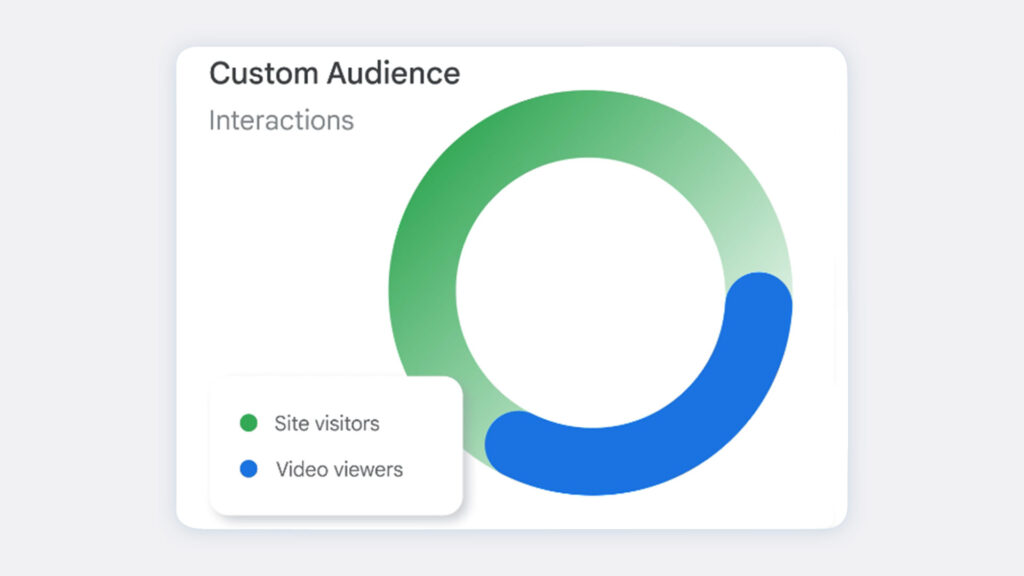
Even if your ad isn’t clicked on, your business is still being seen by someone who is a part of your target audience. This increases the chances they’ll remember you and look up what you offer.
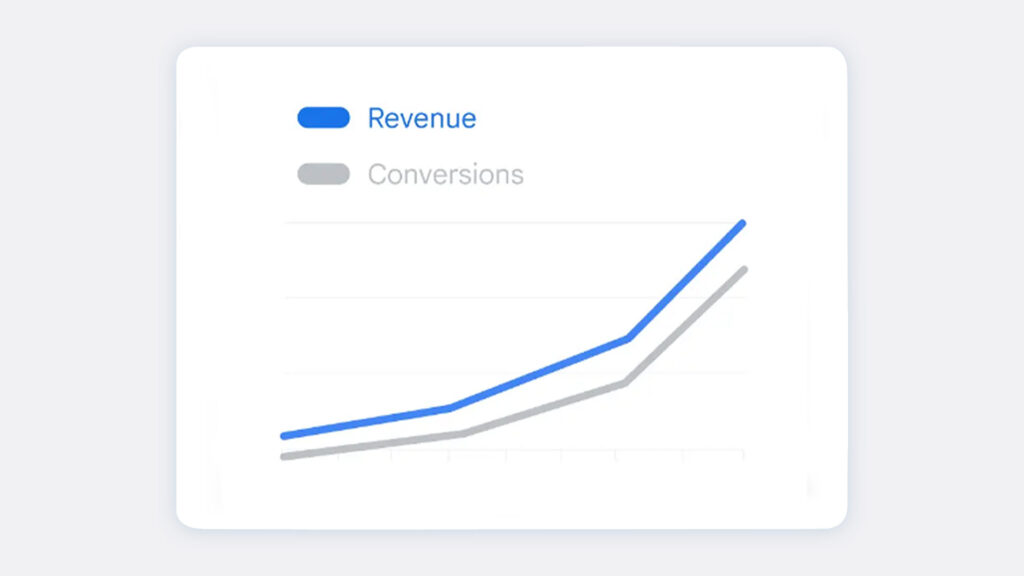
With different ways to bid for and optimize your ads, you have a fair chance of getting the best ROI on your advertising campaigns.
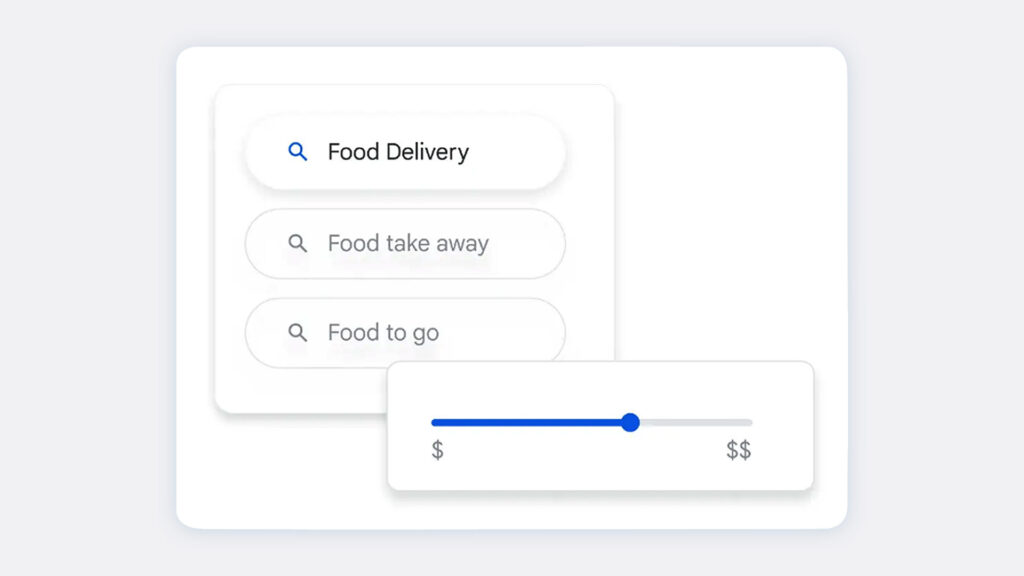
You decide your budget and how much you can afford to spend per click. Your ad spend can grow or shrink according to where you need to allocate your budget that month, quarter, or year.
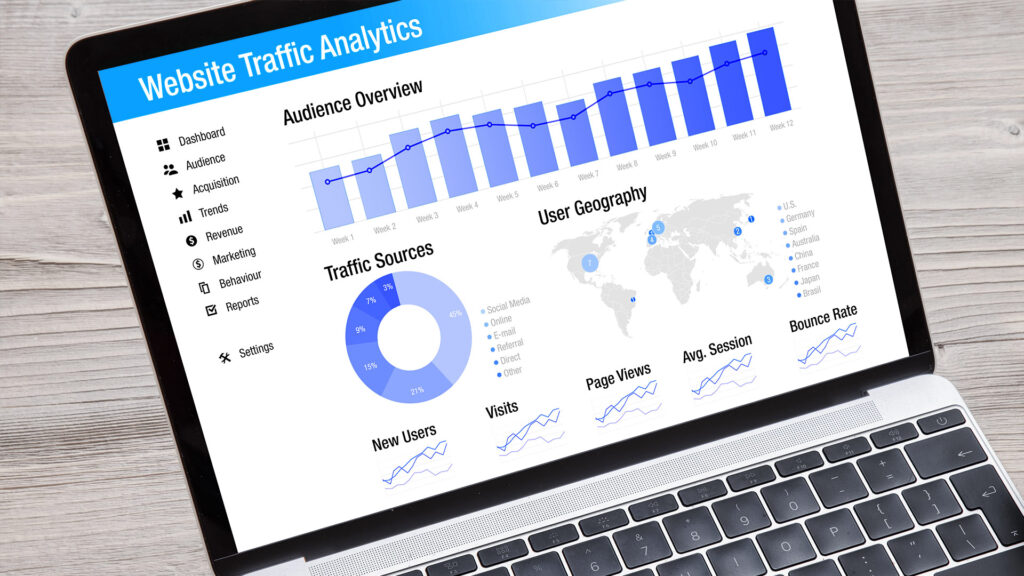
You’re targeting your audience based on what they are already looking for so you can likely get legitimate traffic to your site that will be likely to take the action you want them to.
PPC advertising is something you pay for as you get results, but the best part is you determine how much you are willing to spend. It is estimated that most businesses will make $2 for every $1 spent on Google Ads so, on average, the ROI is worthwhile.
There’s a lot of moving parts to keep track of when running a successful Google Ads campaign. Get ready to sit back and relax because we’ll handle it from here. Varga Marketing can handle your pay-per-click ad management on Google Ads and other platforms. Not only are we taking the work off your plate, but we are also going to help you maximize the return on your PPC ads. Reach out to us today and get a free account analysis!



